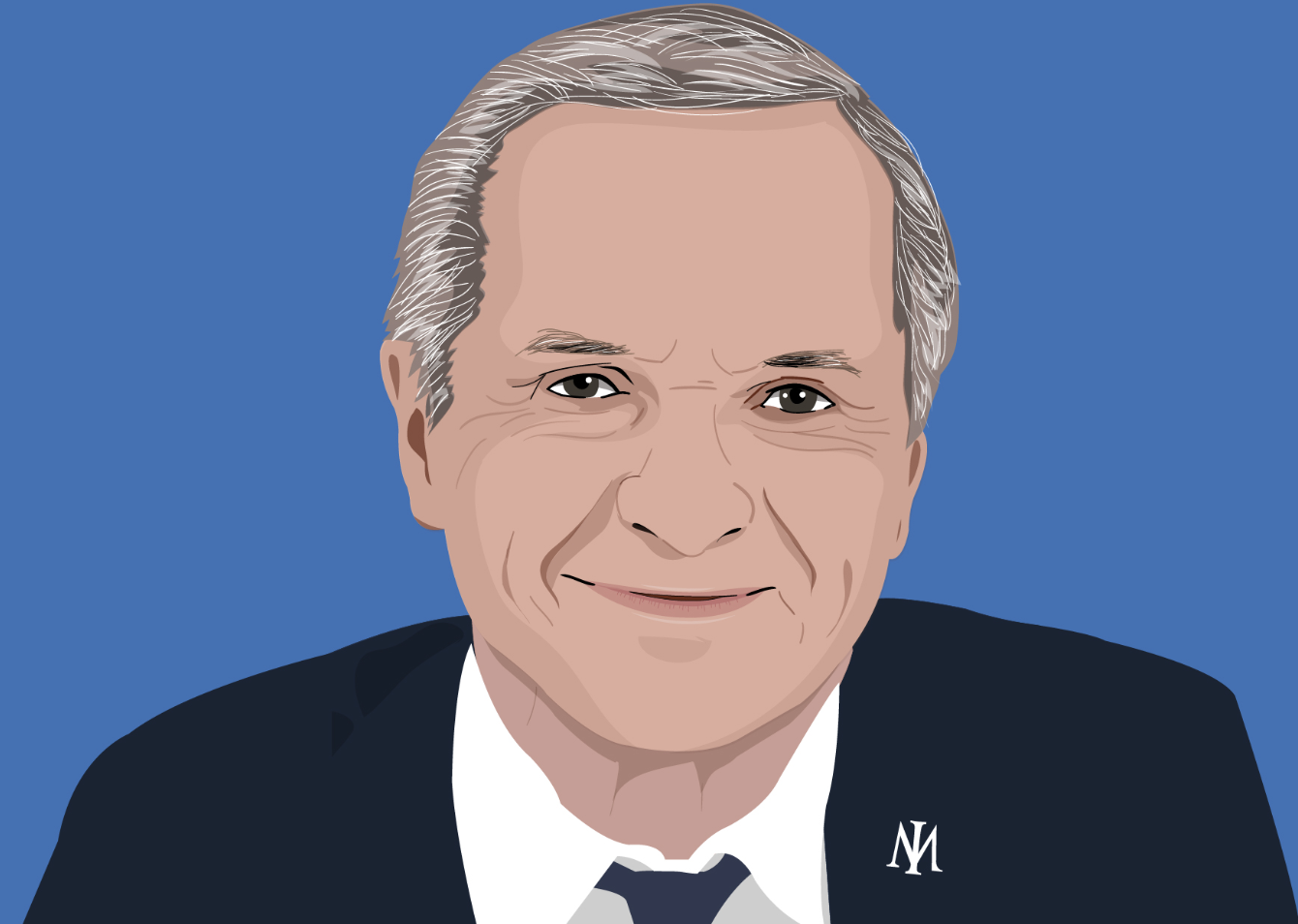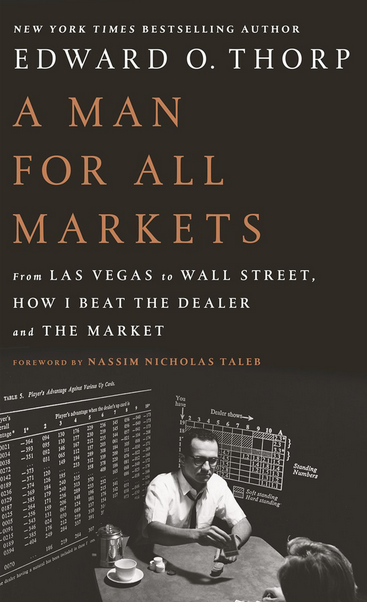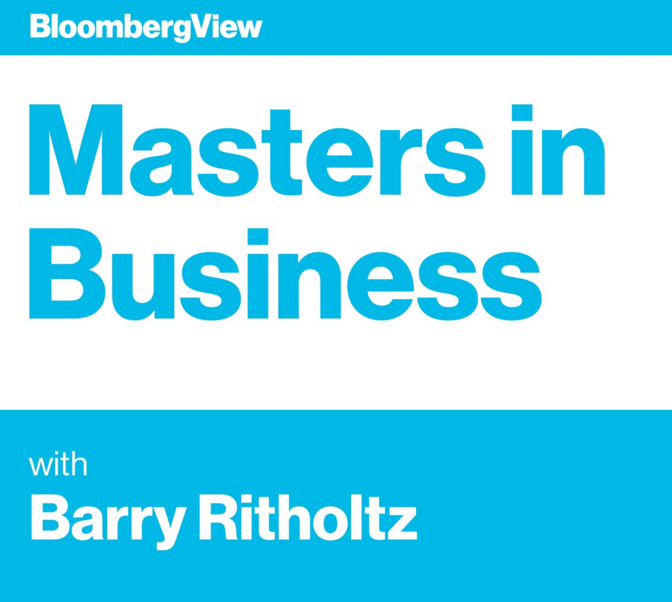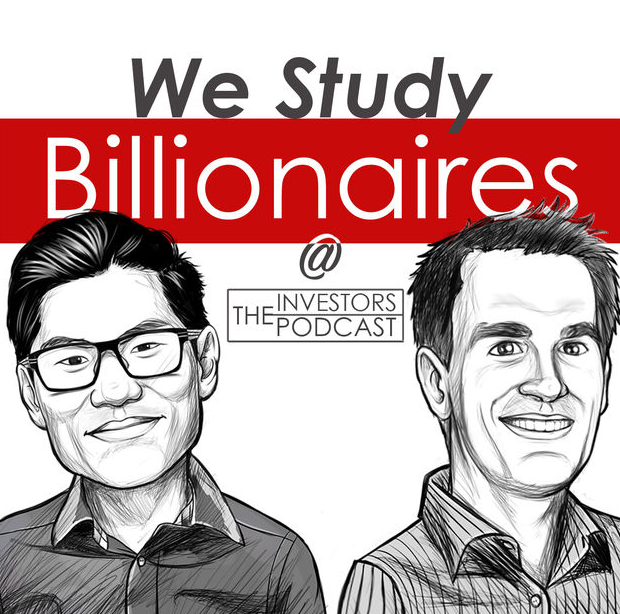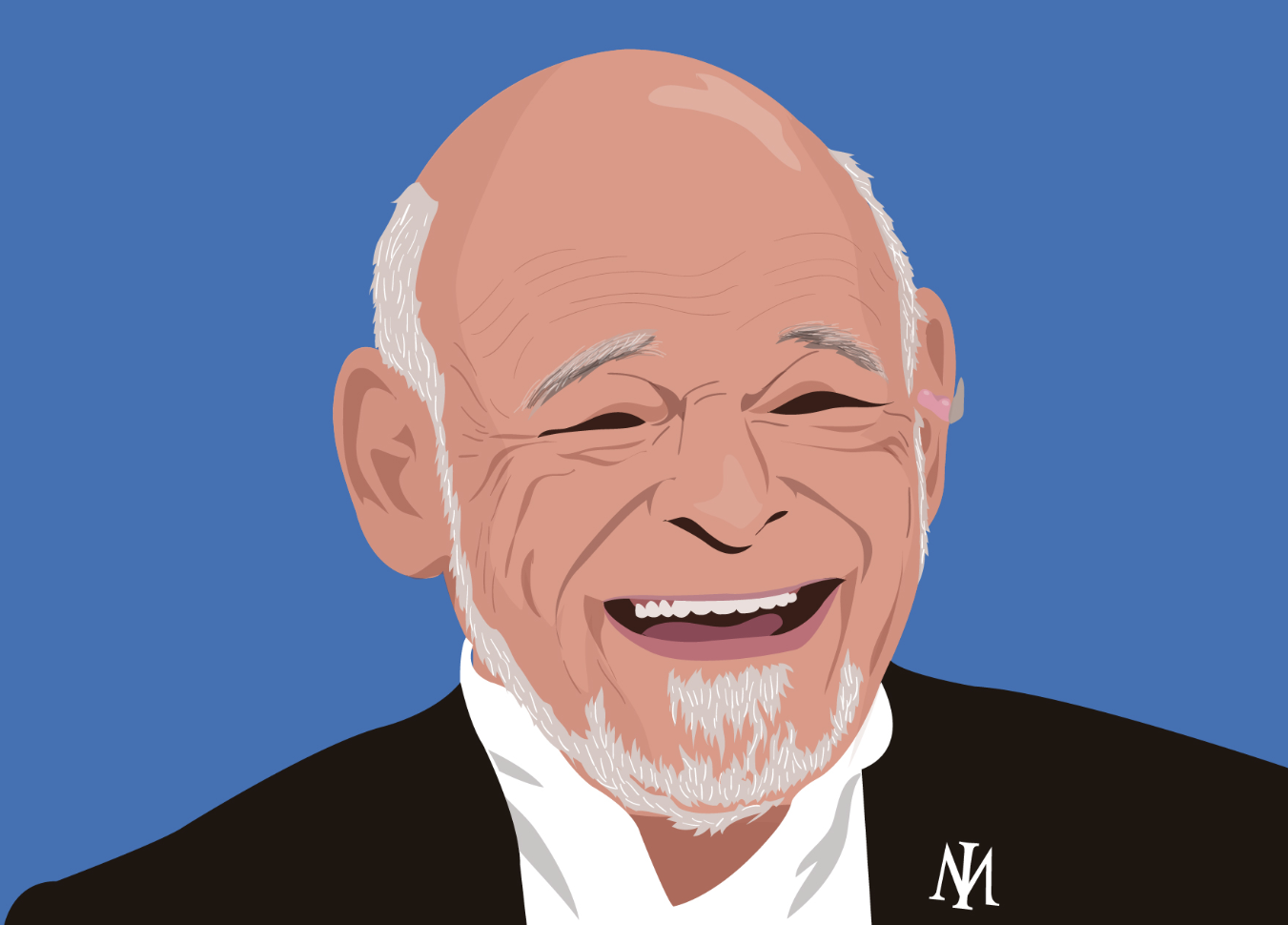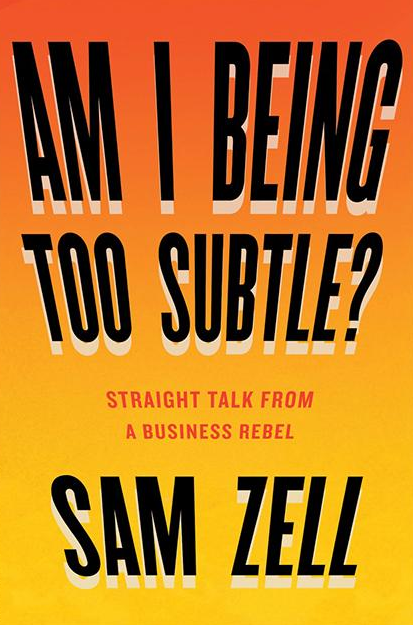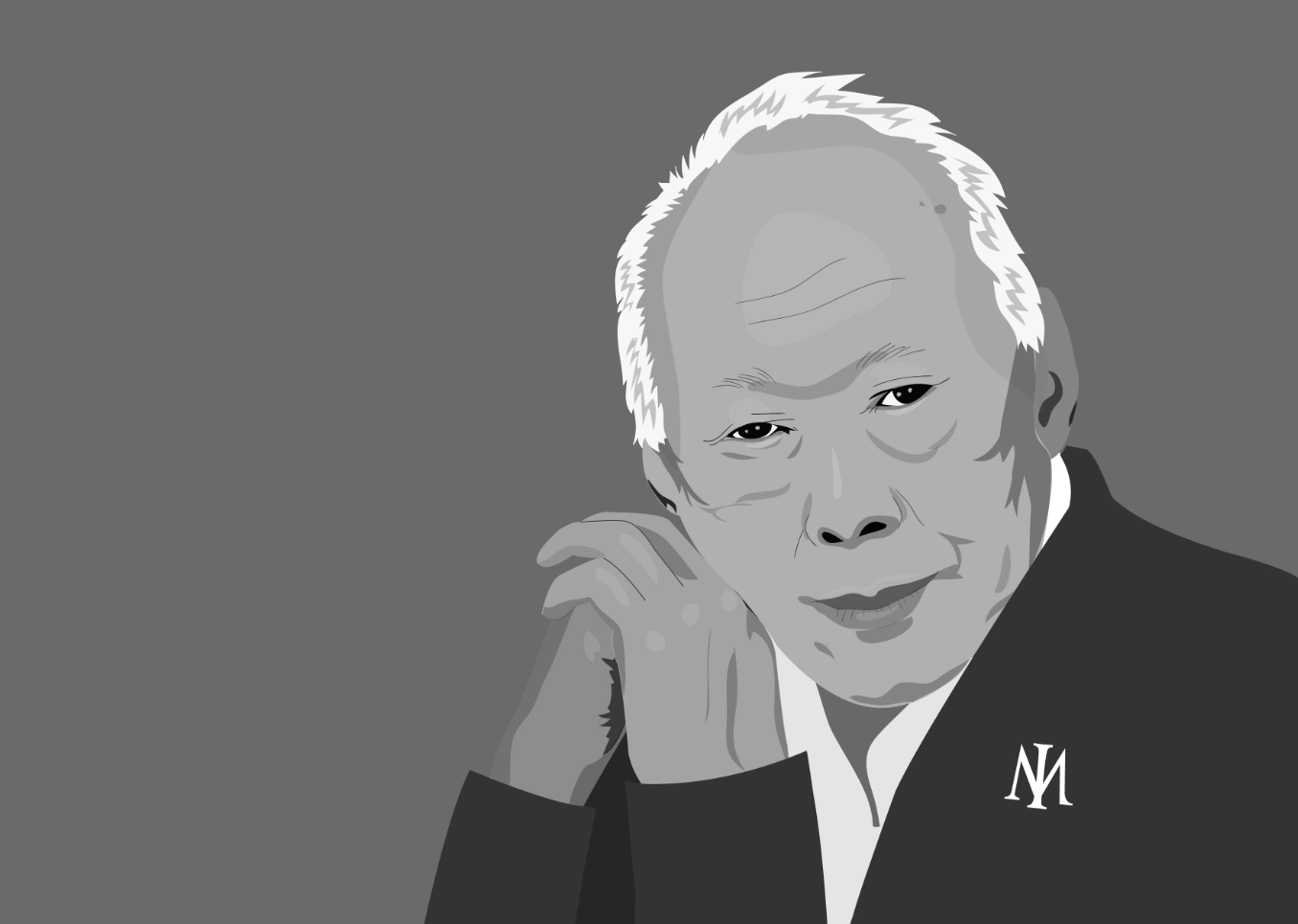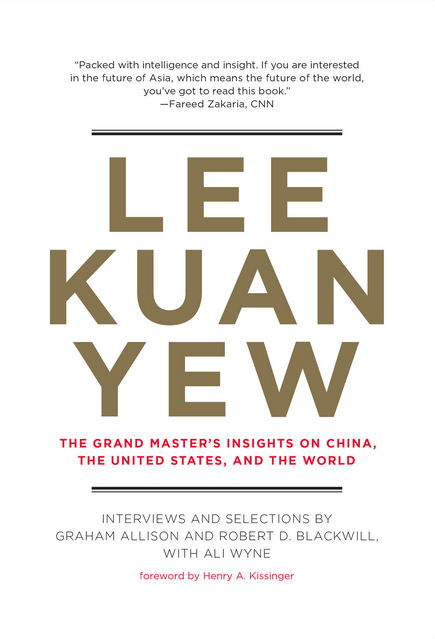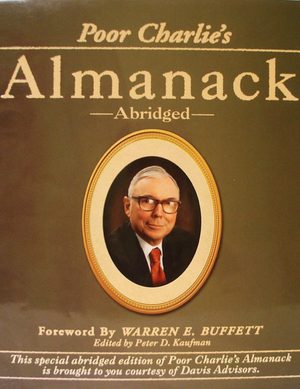Ed Thorp's track record of returns is astonishing. Not only did Dr. Thorp deliver an average 20% return over thirty plus years, he rarely ever had a month where he lost money. His original fund, Princeton Newport Partners, ran for nineteen years with only three down months [the largest loss was below 1%]. As Jack Schwager so cleverly articulated in his book 'Hedge Fund Market Wizards', if the market was efficient, the odds are a trillion times better of selecting one atom on earth than a trader achieving such a record of positive months.
Dr. Thorp isn't your typical Investment Master. The way he came to investing is unlike any other. His new memoir, 'A Man for All Markets' tells the story of his early curiosity, his background in mathematics, and how he challenged conventional wisdom to beat the casino and the stock market.
During his time as an MIT professor, Dr Thorp, was the first person to work out that Blackjack, the 'unwinnable' casino card game, could be beaten. He invented the art of card counting which gave the player an edge against the casino. In 1961 he detailed the winning system in the best-selling book, 'Beat the Dealer', after which casinos across America altered the rules of the game. Having overcome the odds in Blackjack, a year later Dr Thorp and Claude Shannon, built the world's first wearable computer to beat Roulette. This contraption provided a 44% edge against the casino by predicting where the ball would land.
Often banned and at times threatened by the casinos, Dr Thorp recognised there was a far safer and greater casino than all of Nevada - Wall Street. Dr Thorp parlayed his knowledge of gambling games to build a system to beat the stock market. After a voracious study he developed a similar formula to the yet undiscovered 'Black-Scholes' option formula, to profit from option exchanges across America.
As one of Wall Street's first quants, Dr Thorp managed his portfolio with mathematical formulas, economic models and computers. His early hedge fund was even vetted and approved by Warren Buffett for one of his investors after the Buffett partnership was closed. Dr Thorp's other accomplishments included inventing and implementing statistical arbitrage, identifying Bernie Madoff as a fraud decades before his ponzi scheme collapsed and being the first investor of Ken Griffin's Citadel.
Ed Thorp [source: Life Magazine]
While Ed Thorp's investment process required a level of mathematical aptitude superior to even the world's greatest investors, you will notice a lot of commonalities in his thinking with the Investment Masters - the use of mental models, the need for an edge and risk management techniques, the consistent testing of ideas and theories etc. The book is a highly engaging read in which I unearthed quotes that paralleled with over a third of the 100 tutorials contained in the Investment Masters Class. Here are some of my favourites:
"Though we didn't have helpful connections and I went to public schools, I found a resource that made all the difference: I learned how to think."
"I was largely self-taught and that led me to think differently. First, rather than subscribing to widely accepted views - such as you can't beat the casinos - I checked for myself."
"Mathematics taught me to reason logically and to understand numbers, tables, charts, and calculations as second nature. Physics, chemistry, astronomy, and biology revealed wonders of the world, and showed me how to build models and theories to describe and to predict. This paid off for me in both gambling and investing."
"The surest way to get rich is to play only those gambling games or make those investments where I have an edge."
"Assume you may have an edge only when you can make a rational affirmative case that withstands your attempts to tear it down."
"Betting too much, even though each individual bet is in your favor, can be ruinous."
"People mostly don't understand risk, reward and uncertainty. Their investment results could be much better if they did."
"Just as in blackjack, my first investment was a loss that contributed to my education."
"Stories sell stocks: the wonderful new product that will revolutionise everything, the monopoly that controls a product and sets prices, the politically connected and protected firm that gorges at the public trough, the fabulous mineral discover, and so forth. The careful investor, when he hears such tales, should ask a question; at what price is this company a good buy? What price is too high?"
"The stock market also is a game of imperfect information and even resembles bridge in that both have their deceptions. As in bridge, you do better in the market if you get more information sooner and put it to better use. It's no surprise that Buffett, arguably the greatest investor in history, is a bridge addict."
"Though the institutions of society have difficulty learning from history, individuals can do so."
"Over a sufficiently long time, compound growth at a small rate will vastly exceed any rate of arithmetic growth, no matter how large! For instance, if Sam Scared made 100 percent a year and put it in a sock and Charlie Compounder made only 1 percent a year, but reinvested it, Charlie's wealth would eventually exceed Sam's by as much as you please. This is trues even if Sam started with far more than Charlie, even $1 billion to Charlie's $1."
"We analyzed and incorporated tail risk, and considered extreme questions such as, "What if the market fell 25% in one day?" More than a decade later it did exactly that and our portfolio was barely affected."
"[I didn't believe in] the efficient market theory... We didn't ask, Is the market efficient? but rather, In what way and to what extent is the market inefficient? and How can we exploit this?"
"Bernard Madoff showed, thirteen thousand investors and their advisers didn't do elementary due diligence because they thought the other investors must have done it."
"Every stock market system with an edge is necessarily limited in the amount of money it can use and still produce extra returns."
"I learned to make proper risk management a major theme of my life."
"The lesson of leverage is this: assume the worst imaginable outcome will occur and ask whether you can tolerate it. If the answer is no, then reduce your borrowing."
"I think of each hour spent on fitness as one day less that I'll spend in a hospital."
"When J Paul Getty was the richest man in the world and manifestly not fulfilled, he said the happiest time of his life was when he was sixteen, surfing waves off the beach in Malibu, California."
Time to let Ed Thorp help you beat the market!
Further Information:
I've recently listened to two great Podcast interviews with Ed Thorp .. click the links to the right [I suggest the Bloomberg/Barry Ritholtz one first..]
You also can check out Ed Thorp's website here
Join other Investment Professionals who share the posts with their colleagues at LinkedIn below....


